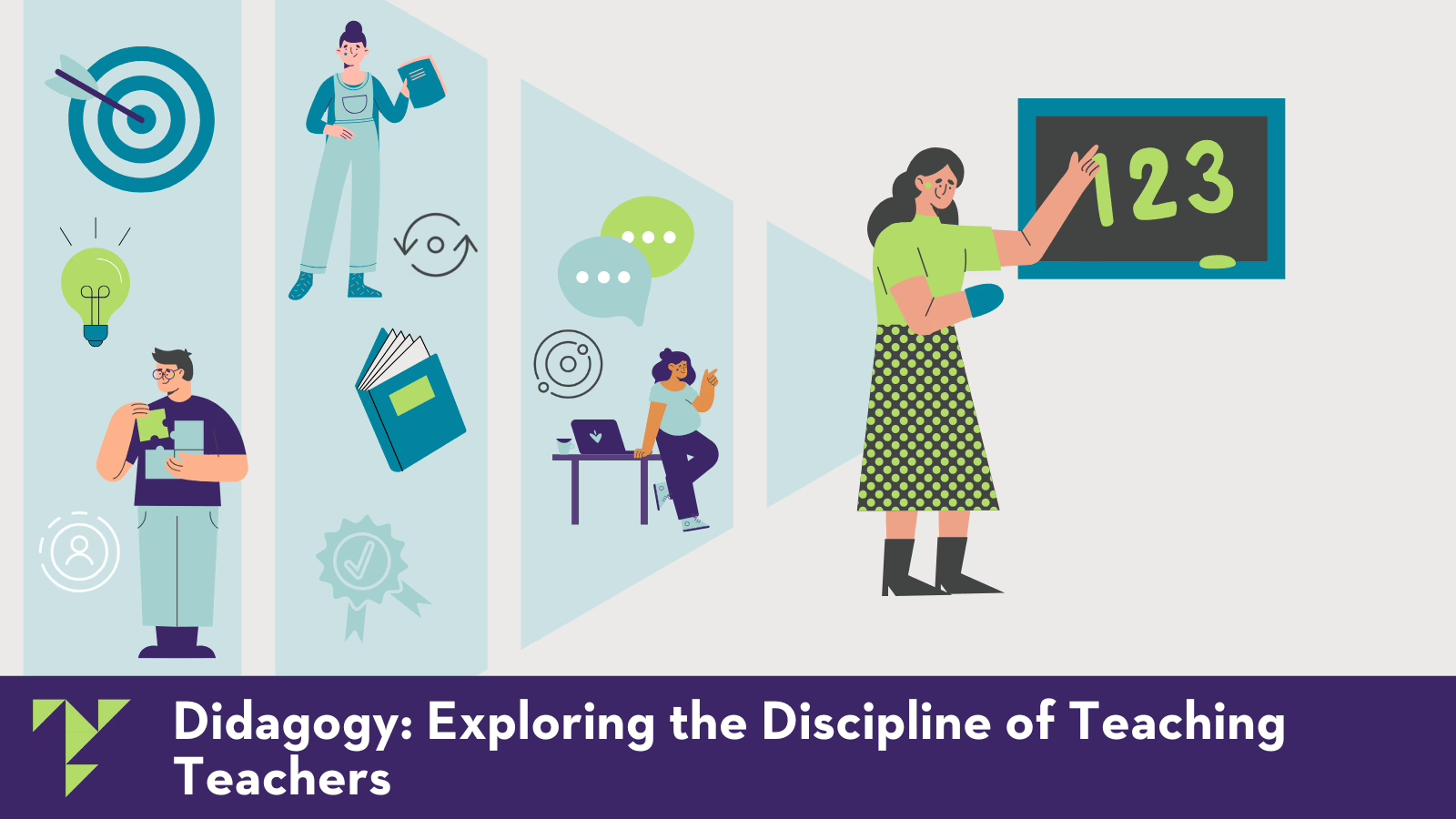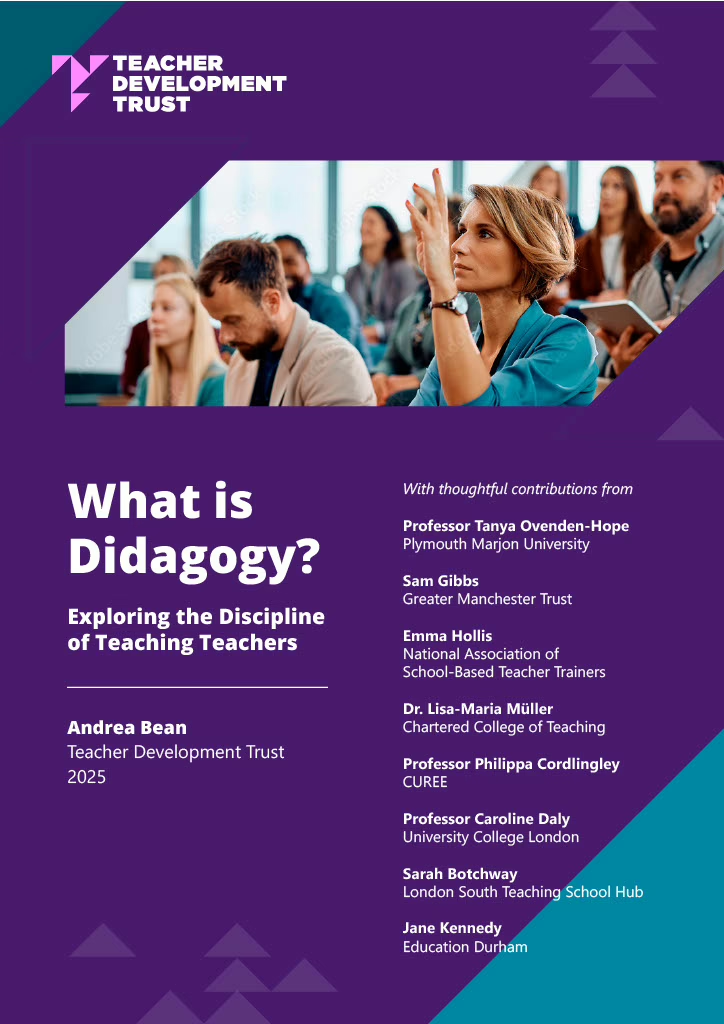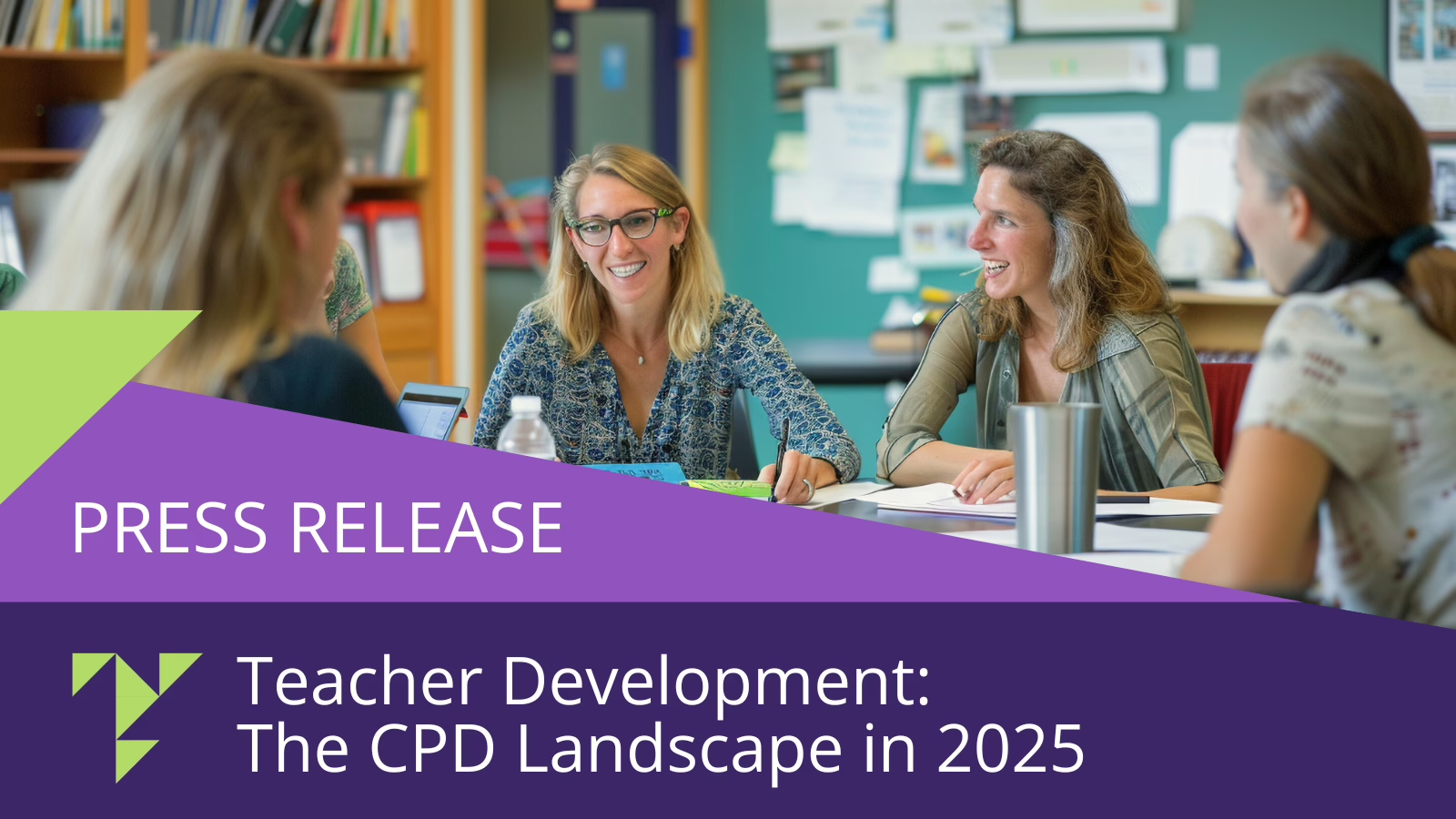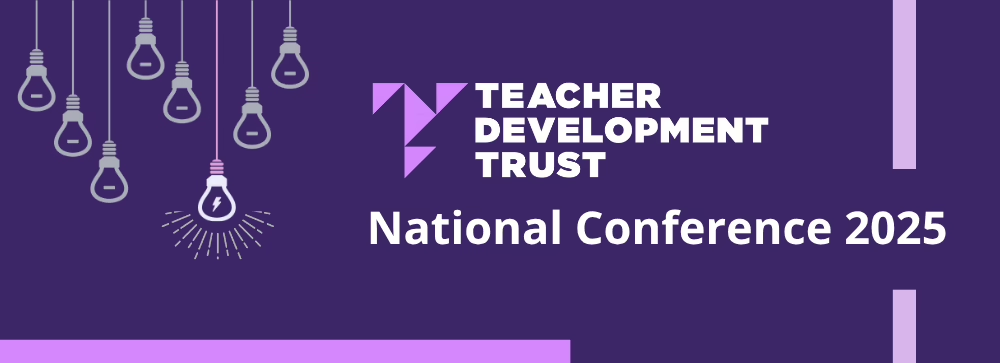‘Too often, professional development is viewed as a transactional process – a series of sessions, inputs, or workshops
delivered to teachers with the expectation that they will change what is potentially deeply ingrained in their practice.’
(Teacher Development Trust, 2025)
The single biggest factor in helping children succeed is great teaching, and great teaching depends on high-quality professional development.
But the landscape of teacher professional development is complex, currently lacking a consistent language and conceptual framework for how to teach teachers and how to create school cultures that allow them to thrive. This absence of an established discipline leads to inconsistent practice, often oversimplifying professional learning into a one-size-fits-all model that prioritises compliance over genuine growth and hinders the extent to which teacher CPD impacts pupil outcomes,.
Since January 2025 we’ve been challenging ourselves to explore this issue collaboratively with leading academics and teacher CPD practitioners from across the sector by convening an Expert Working Party (EWP). This report synthesises emerging findings, includes personal reflections and provocations, and offers the term didagogy as a way to articulate and therefore improve our collective approach to teacher development.
We believe that naming and initiating discussion around the principles, practices and conditions needed to support meaningful, long-term teacher learning is an important part of continuous systemic improvement.
What does the report tell us?
Drawing on insights from the EWP alongside classroom teachers and school leaders, the report highlights that effective teacher learning needs to be:
- Responsive to school settings, teacher identities, and career stages.
- Rooted in dialogue, reflection, and collective sense-making.
- Offered in a way that combines evidence with practical application, and autonomy with shared accountability.
- Sustained by leadership and school environments that model and value learning.
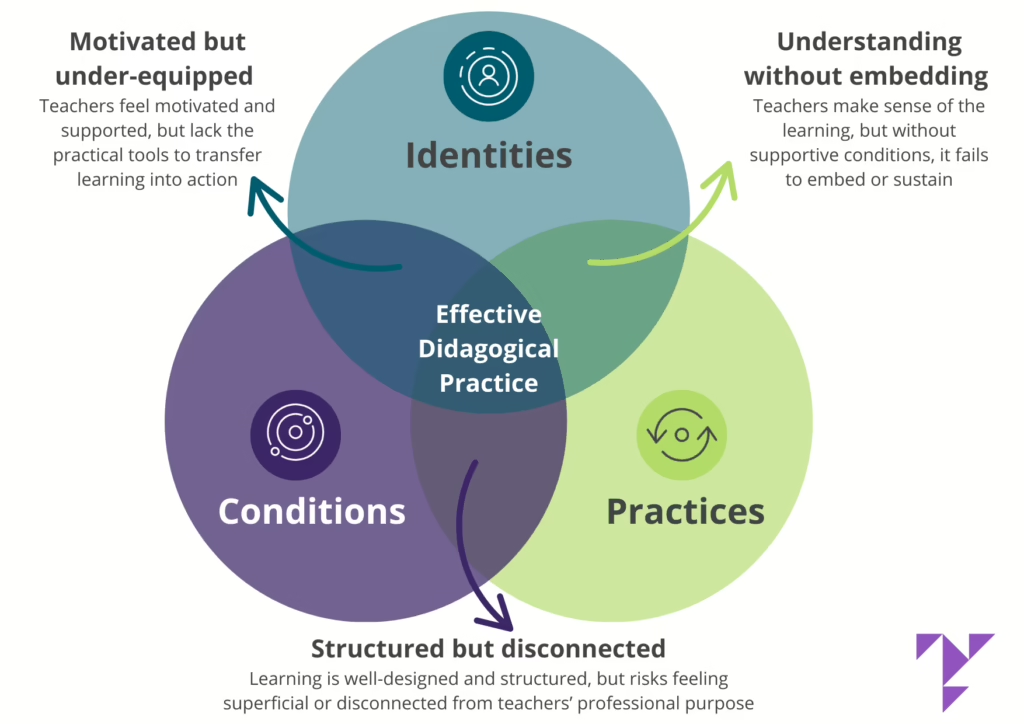
What do school and CPD leaders need to know?
We define didagogy as the discipline concerned with teaching teachers. For school and CPD leaders, the report offers a starting point for reflection, discussion, and further research:
- What does effective didagogical practice look like in our context?
- How do we foster the conditions for meaningful teacher learning?
- How well do we understand our teachers’ experiences and align CPD accordingly?
- How do we move from content delivery to true professional growth?
Alongside our research and a range of programmes and support, we have also developed a free 15 minute CPD Leadership Reflection Tool to help school leaders take time to consider staff development more strategically. Results will direct you to a set of curated resources to develop your thinking and practice.
Turning research into practice
We use the findings of this report in the development and facilitation of our own programmes and partnerships with schools. Our aim is to help CPD leaders translate research into practice and define what effective didagogy means in their setting.
Listen to the first episode of our Didagogy Podcast
Hear from Andrea Bean, Professor Tanya Ovenden-Hope, Sam Gibbs, Emma Hollis, Lia Commissar, and Louise Worgan as they explore the new report. What is didagogy? What is the problem it is trying to solve, what are the issues with creating a new term, and what might the tangible impact in the system?
With many thanks to our Expert Working Party for their insights and contributions:
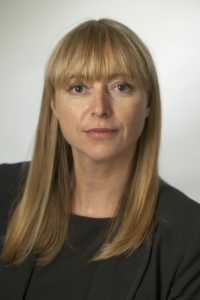
Dean and Professor of Education, Plymouth Marjon University

Director of Education, Greater Manchester Trust
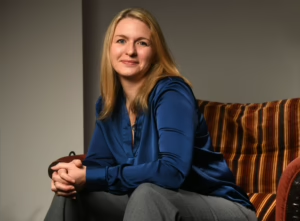
CEO, National Association of School-Based Teacher Trainers (National Association of School-Based Teacher Trainers)

Head of Research and Policy, Chartered College of Teaching
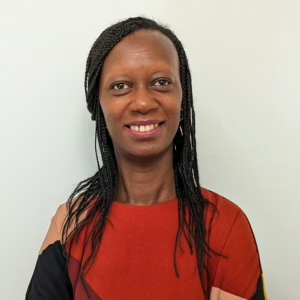
Director, London South Teaching School Hub
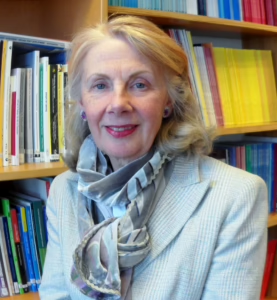
Chief Executive, CUREE
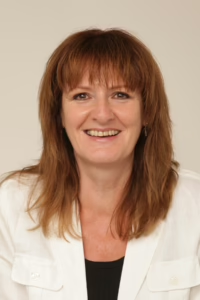
Professor of Teacher Education, University College London
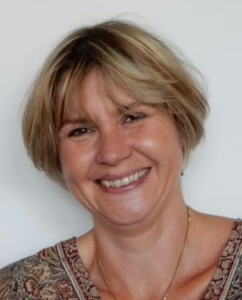
Lead adviser for Professional Learning and Commercial Engagement, Education Durham
